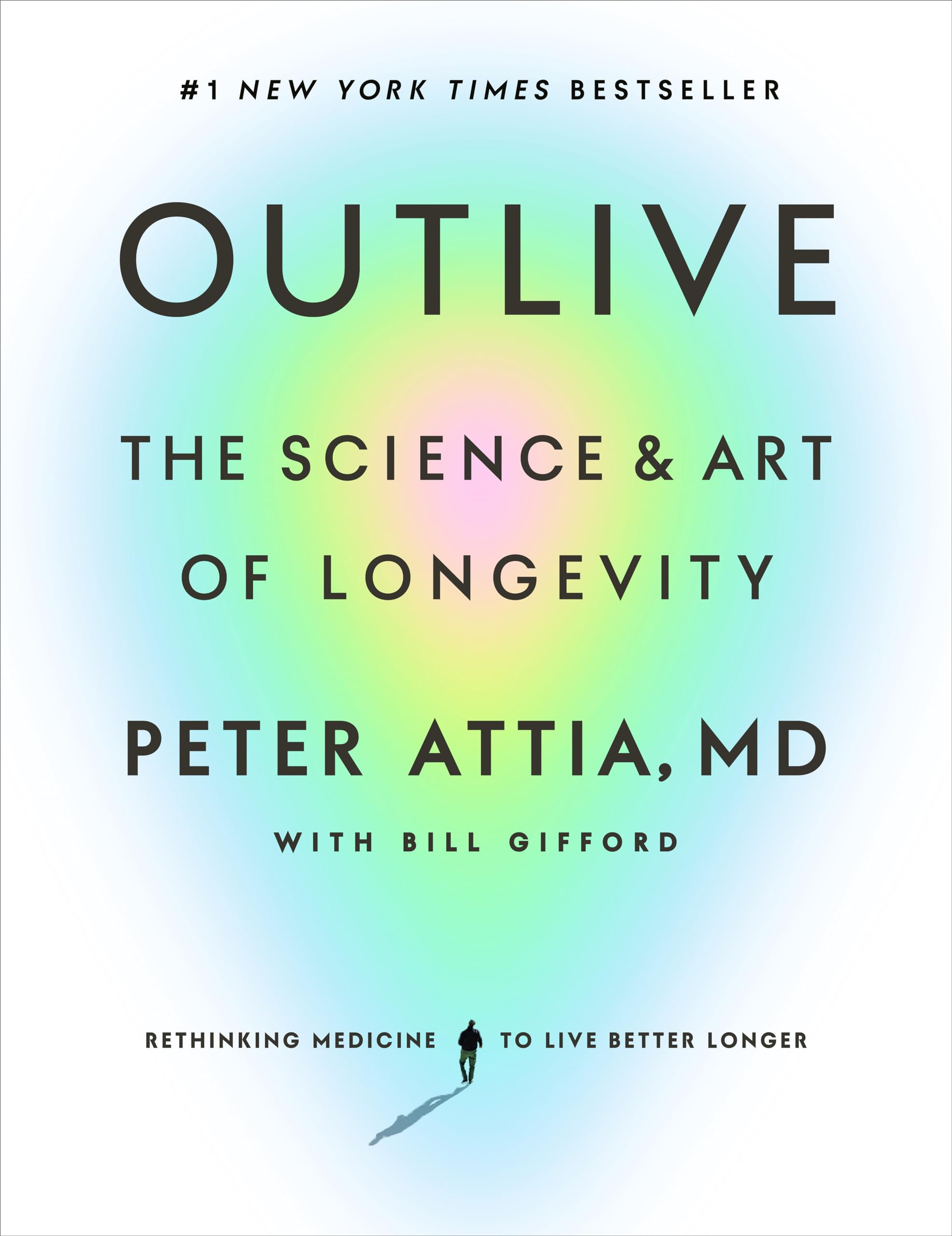Chapter 6: The Crisis of Abundance: Can Our Ancient Genes Cope with Our Modern Diet?
byChapter 6 of The Crisis of Abundance explores the widening gap between human evolution and modern dietary habits, focusing on the rapid rise of nonalcoholic fatty liver disease (NAFLD) and its more severe form, nonalcoholic steatohepatitis (NASH). These conditions have increased alongside obesity and metabolic disorders, often progressing unnoticed due to their subtle or nonexistent early symptoms. Originally identified in individuals with excessive fructose intake rather than alcohol consumption, the prevalence of NAFLD and NASH highlights a deeper issue—our genetic inclination to store fat, which was once essential for survival but has become harmful in today’s calorie-dense food environment.
The chapter broadens the discussion to the growing epidemic of metabolic dysfunction, emphasizing insulin resistance as a major underlying factor. While obesity is often linked to metabolic disease, the author challenges this oversimplification, pointing out that many individuals with normal body weight also suffer from insulin resistance and related conditions. This distinction underscores that metabolic health is not solely determined by body size but by how well the body processes nutrients in a world dominated by processed foods and high sugar consumption.
From an evolutionary perspective, fat storage was once a critical advantage for human survival during times of famine. However, in the modern era, where high-fructose foods and refined carbohydrates are consumed regularly, this adaptation has led to widespread metabolic disorders. Unlike glucose, which can be immediately used for energy, fructose undergoes a different metabolic process that encourages fat accumulation in the liver and impairs insulin function. Over time, this contributes to a cycle of increased fat storage, insulin resistance, and inflammation, all of which elevate the risk of chronic disease.
A key aspect of this chapter is how fructose metabolism uniquely contributes to metabolic dysfunction. Unlike other animals, humans lack uricase, an enzyme that helps break down uric acid, a byproduct of fructose metabolism. Elevated uric acid levels contribute to fat buildup in the liver, chronic inflammation, and a higher likelihood of developing conditions such as high blood pressure and insulin resistance. The author argues that while dietary fat has long been blamed for metabolic diseases, excessive sugar intake—especially fructose—is often the real driver behind metabolic dysfunction.
The chapter critiques conventional medical approaches, which tend to address metabolic diseases only after they have reached an advanced stage. Many traditional screening methods, such as fasting glucose tests, fail to detect early insulin resistance, allowing metabolic dysfunction to progress unnoticed. The author advocates for a shift toward earlier detection and intervention, recommending the use of more effective markers such as fasting insulin, triglyceride-to-HDL ratios, and liver enzyme tests to assess metabolic health before serious complications arise.
Preventative strategies play a major role in this chapter, emphasizing the power of lifestyle changes in reversing metabolic dysfunction. The author encourages adopting a diet centered around whole, nutrient-rich foods while reducing processed carbohydrates and added sugars. By prioritizing protein, healthy fats, and fiber-dense vegetables, individuals can improve insulin sensitivity, lower inflammation, and enhance overall metabolic function. Exercise is also highlighted as a critical factor, not just for weight management but for increasing mitochondrial efficiency, improving glucose metabolism, and preventing fat buildup in the liver.
Beyond diet and exercise, the chapter highlights the impact of sleep on metabolic health, an often-overlooked component of disease prevention. Poor sleep disrupts hormonal balance, leading to increased cravings for sugary foods, reduced insulin sensitivity, and heightened cortisol levels, all of which contribute to insulin resistance. The author stresses the importance of maintaining consistent sleep patterns and optimizing sleep environments to support metabolic function. Additionally, stress management is presented as a crucial aspect of maintaining metabolic health, as chronic stress leads to prolonged cortisol elevation, promoting fat storage and worsening insulin resistance.
The chapter concludes with a forward-looking perspective, reinforcing the idea that metabolic disorders are not an inevitable part of aging but rather a consequence of environmental and lifestyle factors that can be modified. By making informed choices in diet, exercise, sleep, and stress management, individuals can significantly lower their risk of developing chronic metabolic conditions. The core message is that by understanding the disconnect between human biology and modern dietary habits, individuals can make smarter, evidence-based decisions that improve both lifespan and healthspan. With early intervention and proactive measures, people can regain control over their metabolic health and reduce the burden of diseases linked to modern living.


